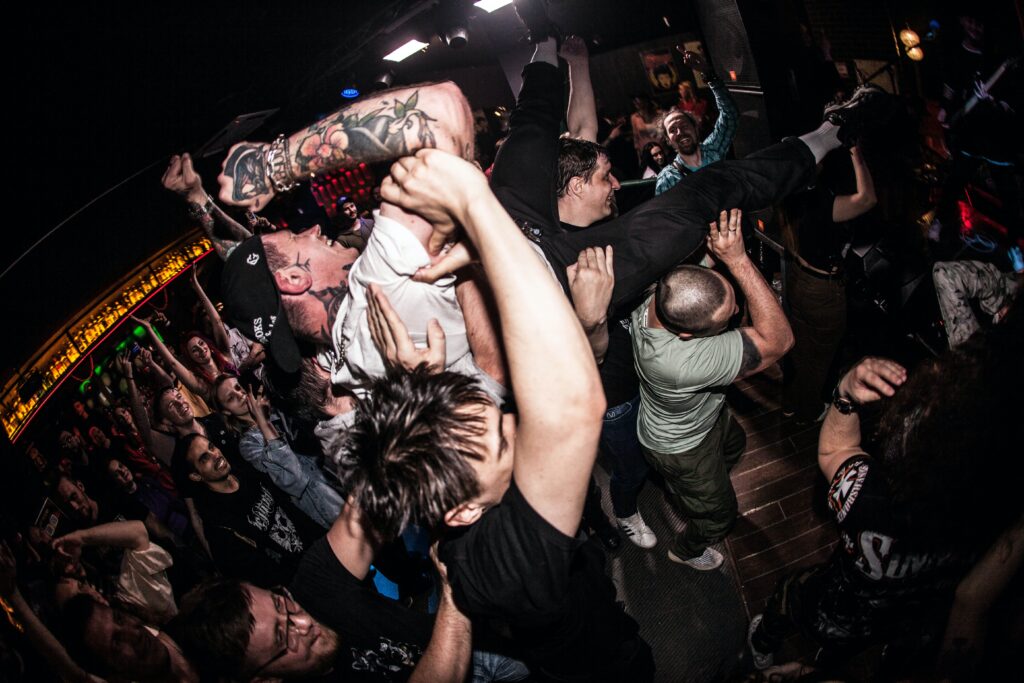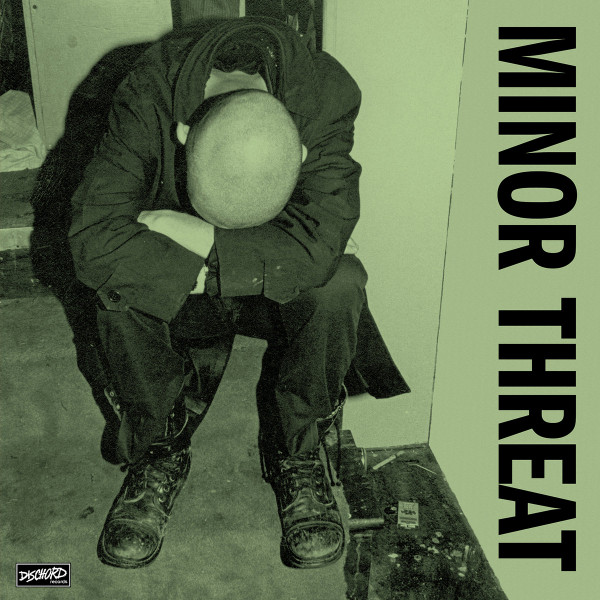I love record stores.
There’s something unparalleled about walking into a brick-and-mortar shop and seeing rows upon rows of crates and shelves, the walls papered with posters and zine covers and collages. It’s the best kind of liminal space.

I went to a local record store last weekend for the first time in years. In fact, it was the first “real” record store I’d ever been to.
As I perused the crates, I was delighted to find a copy of Minor Threat’s 1981 EP, “First Two Seven Inches.”
The EP was a primary contributor to the soundtrack of my late teens. At the time, I lived in a beach town still recovering from the previous year’s hurricane.
A primier vacation spot for many middle-class families, the town fell to ruin in the off season. Homelessness, drug addiction and violent crime underscored the area’s stark wealth disparity.
The “clean” coastline was peppered with million-dollar beach homes and luxury condos. Ten miles inland, average citizens struggled to make ends meet amid a stifling job market.
Many turned to drugs and alcohol as a means of making life bearable. Among these individuals were friends, coworkers and bosses.
It was during this time that I became first acquainted with Minor Threat. The band’s jilting, ragged strains mirrored my own consternation with the building chaos in my inner circle.

Straight Edge
Released March 1981 through Dischord Records, “First Two Seven Inches” posed an unanticipated influence on the hardcore punk scene.
Ian Mackaye, founder of Dischord Records and co-founder of Minor Threat, disliked the proliferation of hedonistic lifestyles within the subculture.
The glorification of substance abuse, alcoholism and promiscuity troubled Mackaye. He expressed these convictions in “First Two Seven Inches,” an act which would prove to change the subculture forever.
The term “straight edge” as it is known today was coined from the song “Straight Edge,” in which Mackaye declares:
I’m a person just like you
Minor Threat, “Straight Edge”
But I’ve got better things to do
Than sit around and smoke dope
Because I know that I can cope
These convictions highlighted an interesting brand of subversion — subversion within subversion — as members of a countercultural group established a nested counterculture within.
For many punks, substance use was but another means of distancing themselves from the “conformist” hegemony.
However, as individuals like Mackaye argued, this in effect produced another hegemony: one in which wanton substance use and promiscuity were both glorified and expected.
Mackaye believed that sobriety (“straightness”) gave one an “edge” in life. Thus, “straight edge” grew to describe a lifestyle of abstience from alcohol, tobacco, drugs and promiscuous sex.
A subculture within a subculture.
You tell me you like the taste
Minor Threat, “It’s in My Eyes”
You just need an excuse
You tell me it calms your nerves
You just think it looks cool
Today, the “straight edge” philosophy exists among numerous subcultures.

